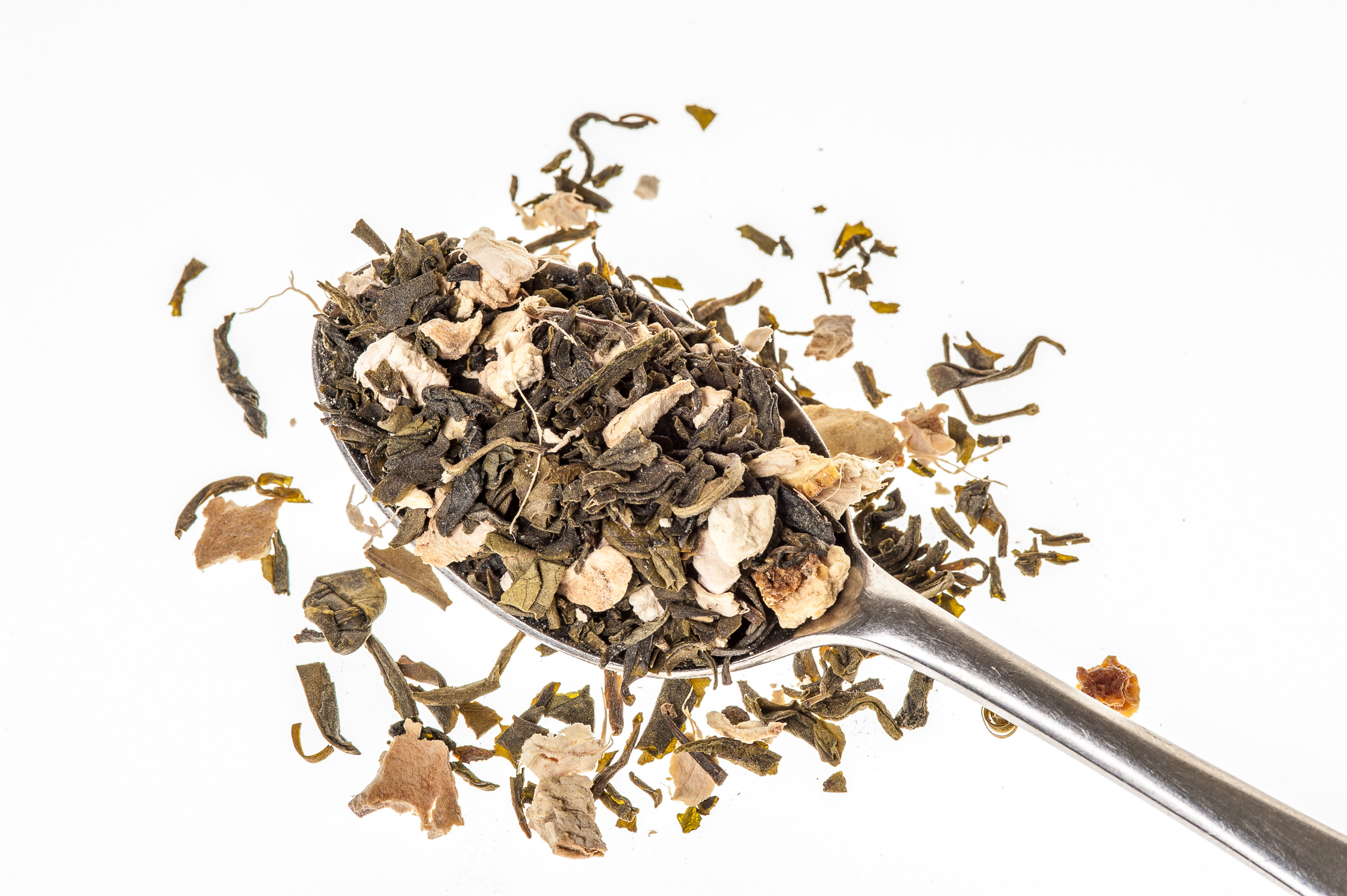It’s no secret that drinking tea can be good for your health. Teas are jam-packed with flavonoids, plant chemicals known to help prevent disease. According to a New York Times survey of studies investigating tea’s health benefits, tea consumption has been linked to reduced risk of liver disease, depression, type 2 diabetes, coronary heart disease, stroke, and more.
Tea-health studies primarily involve “pure” teas, such as green tea and black tea, produced from the leaves of the Camellia sinensis plant native to Asia. However, recently a new brand of teas – detox teas – has become extremely popular. Many celebrities have praised and endorsed detox teas as effective products to “detoxify” the body, boost energy, and lose weight.
Image Source: Michael Pieracci
Detox teas contain pure teas as a base. The flavonoids in pure teas can act as strong antioxidants and protect against damage to our cells, DNA, and proteins. Antioxidants may be seen as “detoxifying” since they deactivate free radicals, which are toxic when present in excess. But then what makes detox teas any more “detoxifying” than basic green or black tea?
The answer is added herbs. Many detox teas incorporate herbs such as ginger, dandelion, and juniper berry, which promote function of the liver and kidney. These organs can be seen as the body’s natural detoxifiers, removing toxins, waste products, and drugs from the bloodstream.
Image Source: Mieke Dalle
However, other added ingredients, especially those geared toward weight loss, can be double-edged swords. A common example is senna, an herbal laxative. It induces increased bowel movements and encourages the body to lose more water and undigested food. By ingesting senna, you may temporarily lose weight by excretion, but you won’t actually burn any fat. Furthermore, long-term senna consumption can lead to serious diarrhea, dehydration, and electrolyte imbalance.
Detox teas may also contain more caffeine than pure teas. Caffeine is known to boost energy, suppress appetite, and burn calories. However, like senna, it does not promote significant weight loss. In addition, ingesting lots of caffeine can lead to problems such as nervousness and insomnia, which entails chronic difficulty sleeping. Counterproductively, sleep deprivation can induce weight gain.
The bottom line is that although detox teas have the potential to improve health, some of their added ingredients can be harmful, especially when ingested in large quantities over long periods of time. It is definitely important to read up on every ingredient of a detox tea, become aware of potential side effects, and consult with your doctor before starting a “teatox” of your own.
Feature Image Source: Liberty Spirit detox tea by mdtea










